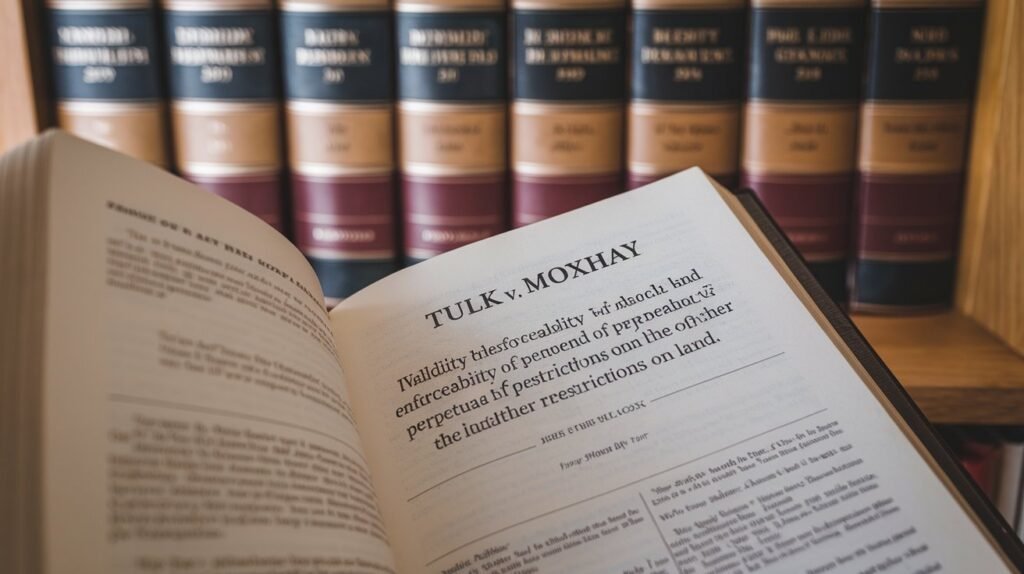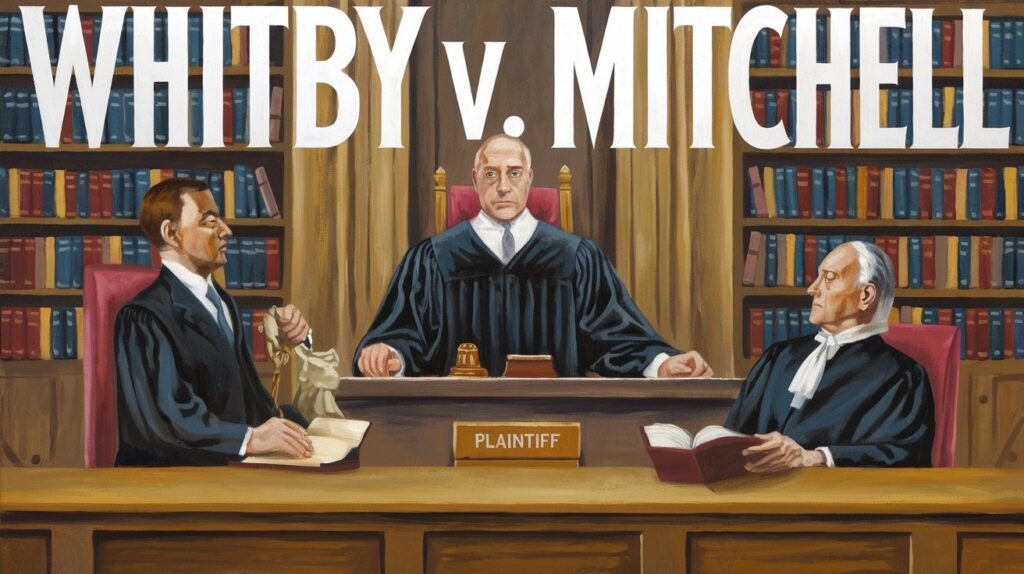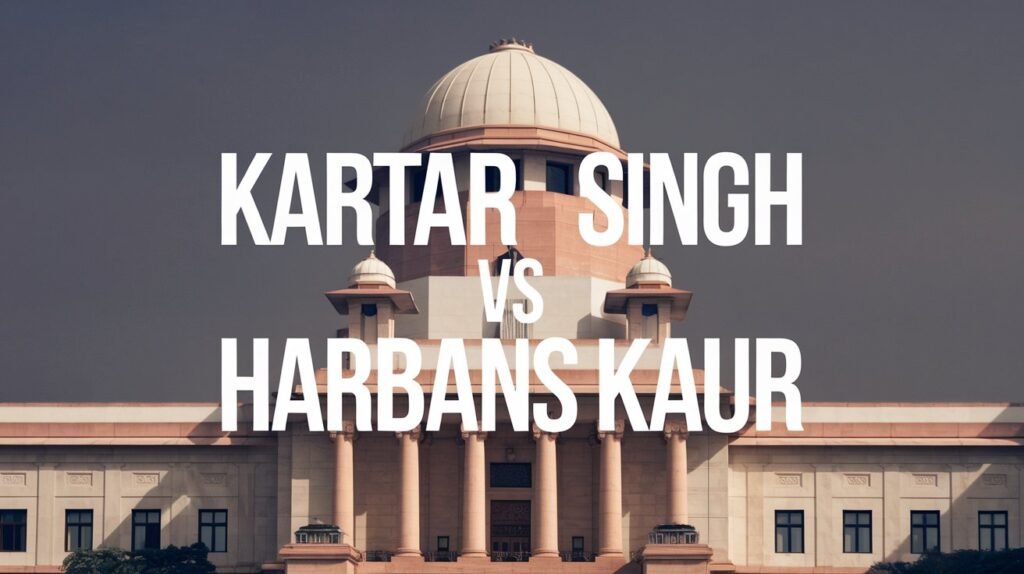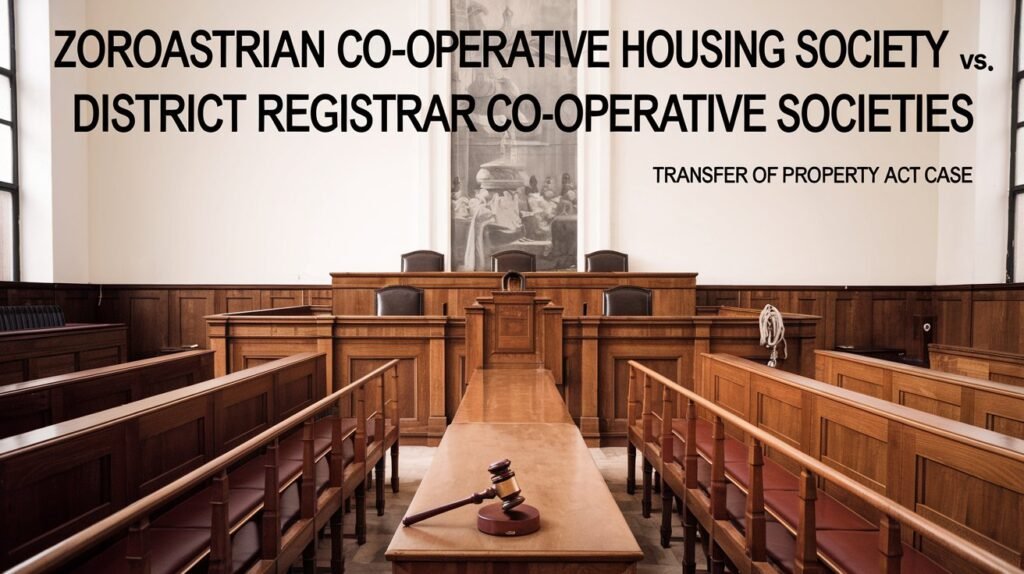Whitby v. Mitchell 1890 (Case Summary)
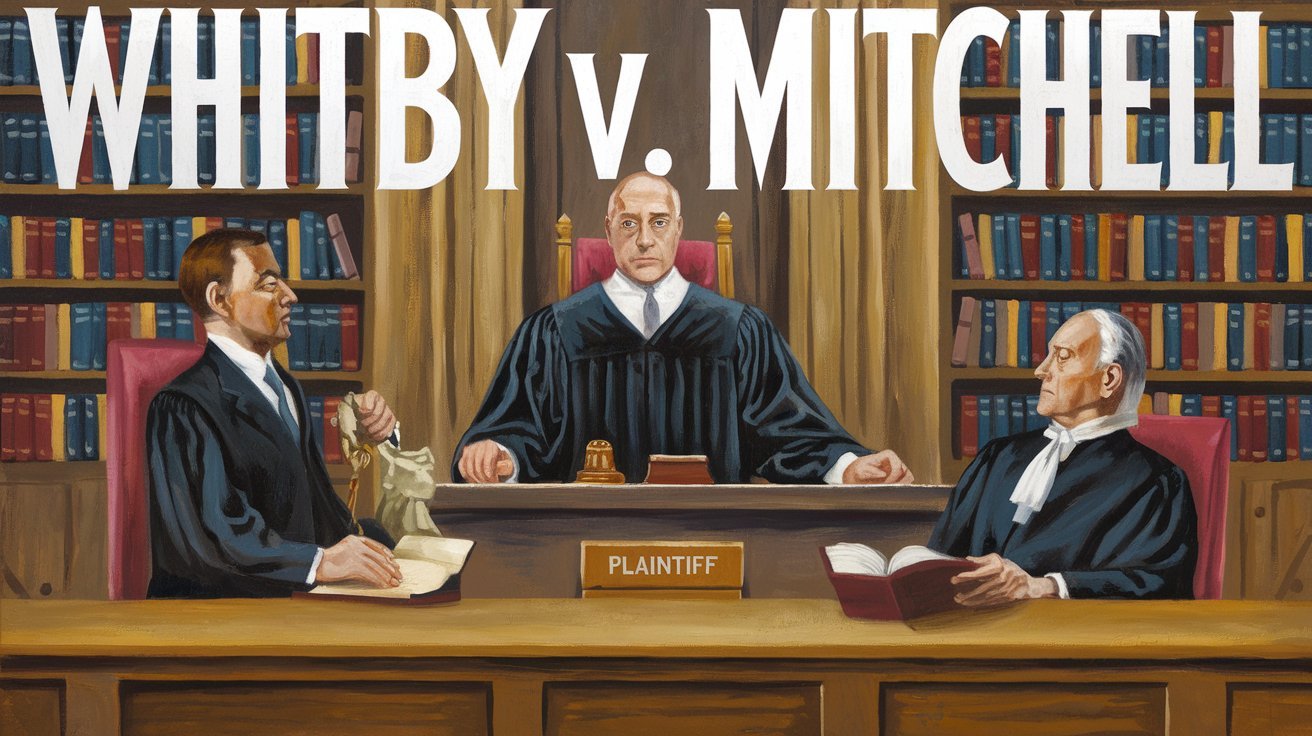
In this English case law, the court examined the application of the rule against perpetuities in relation to the appointment of property interests to unborn persons. The judgment explored the complexities of property limitations and the invalidation of transfers of property creating perpetuity.
Table of Contents
ToggleFacts of Whitby v. Mitchell
- A husband and wife made an agreement after their marriage (Post-Nuptial Agreement) based on an Agreement that they made before marriage (Pre-Nuptial).
- The Agreement stated that the husband and the wife would be able to use the property during their lifetimes. After the death of the husband and wife, the property would go to their children.
- The couple had two daughters and decided to split the property between them. They made a deed stating that the daughters would have the right to use the share of property for lifetimes but would not be able to sell it or use it in Advance.
- After the daughter’s death, she was allowed to choose who the property would go to by making a will. If she didn’t make a will, the property would automatically go to her children.The case went to the English court on dispute about the following issues-
Issues framed
- Whether the power of appointment given to the daughter by will was void?
- Whether the deed to transfer the property to the children of the daughter was void under property law?
Judgment of Whitby v. Mitchell
The court applied the rule in Cadell v. Palmer, and held that power of the daughter to decide who gets the property was void because she wasn’t born when the Agreement was made.
The court also applied the principle that one can not give property to an unborn child and then say that it should go to their children, who are also not yet born.
Both the power of appointment and the remainder (the part of the property for the daughter’s children) were ruled invalid because they violated rules about perpetuities and restrictions on giving property to unborn people and their children.
Indian Law on Rule Against Perpetuity
The Indian property law is on the similar lines, section 14 of the Transfer of Property Act 1882, lays down the rule against perpetuity.
Section 14 of the Transfer of Property Act states that “No transfer of property can operate to create an interest which is to take effect after the lifetime of one or more persons living at the date of such transfer, and the minority of some person who shall be in existence at the expiration of that period, and to whom, if he attains full age, the interest created is to belong.”


